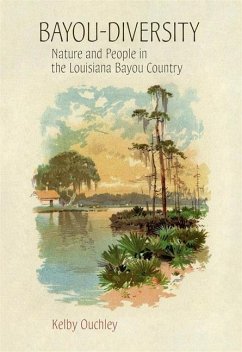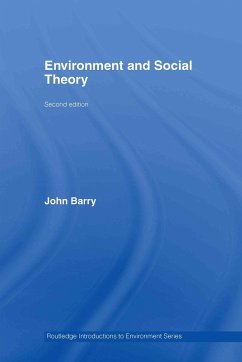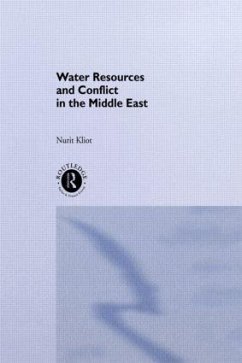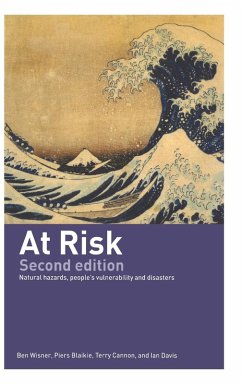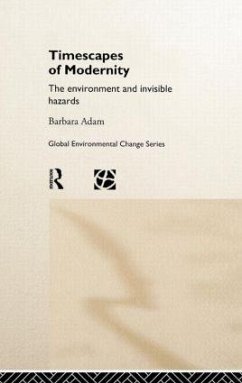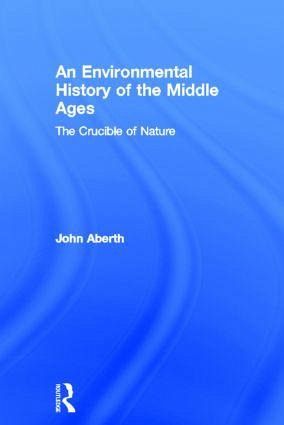
An Environmental History of the Middle Ages
The Crucible of Nature
Versandkostenfrei!
Versandfertig in 1-2 Wochen
168,99 €
inkl. MwSt.
Weitere Ausgaben:

PAYBACK Punkte
84 °P sammeln!
This is the first survey of attitudes towards the environment in the Middle Ages, which was a critical and formative time for Western approaches to our natural surroundings. This was a time of fundamentally competing perspectives on the environment, with the belief that natural resources were put on earth for man 's exploitation at war with the view that saw humankind as a steward of God 's creation. Taking the entire medieval period from 500 to 1500 across the whole of Europe, from England and Spain across to the Baltic and Eastern Europe and focusing on the key areas of air, water, earth, wood and animals, John Aberth sheds new light on the medieval mindset which will be essential reading for all those interested in the Middle Ages.
The Middle Ages was a critical and formative time for Western approaches to our natural surroundings.¿An Environmental History of the Middle Ages is a unique and unprecedented cultural survey of attitudes towards the environment during this period. Exploring the entire medieval period from 500 to 1500, and ranging across the whole of Europe, from England and Spain to the Baltic and Eastern Europe, John Aberth focuses his study on three key areas: the natural elements of air, water, and earth; the forest; and wild and domestic animals. Through this multi-faceted lens, An Environmental History of the Middle Ages sheds fascinating new light on the medieval environmental mindset. It will be essential reading for students, scholars and all those interested in the Middle Ages






